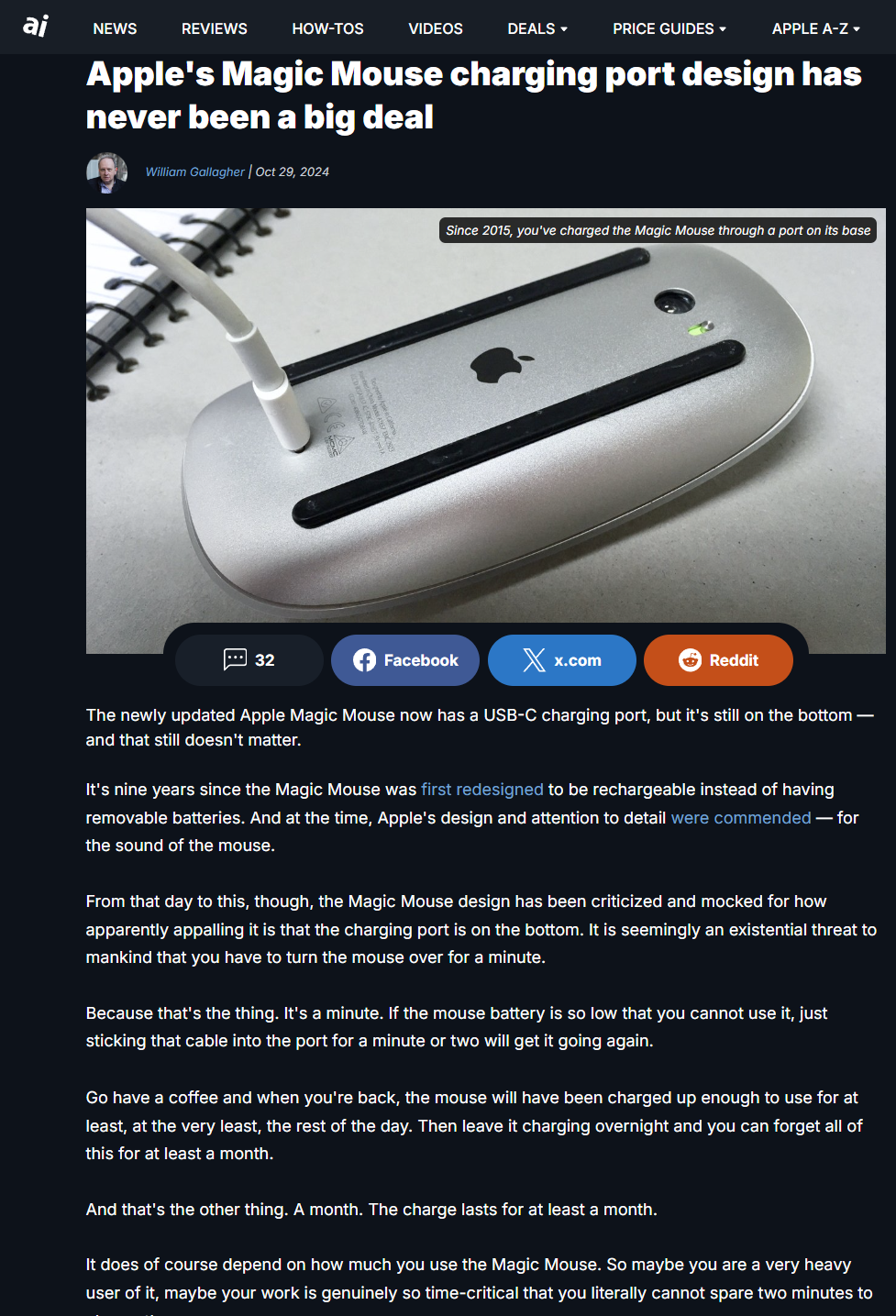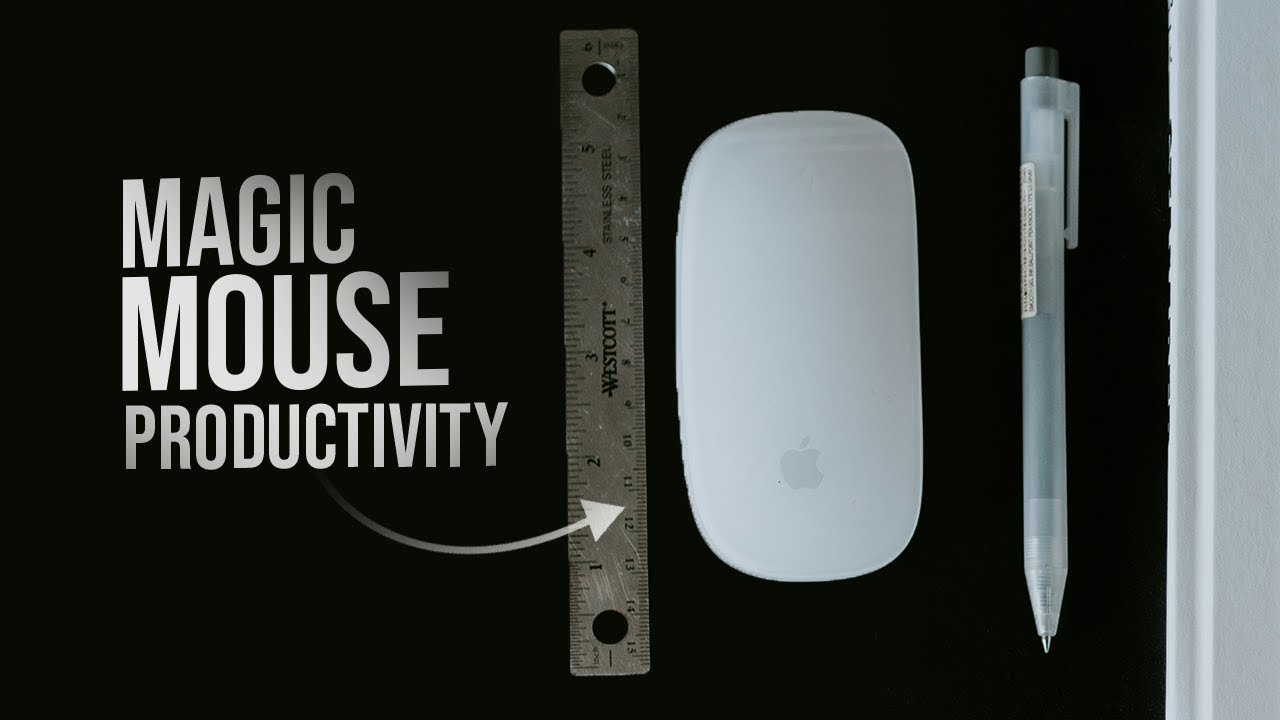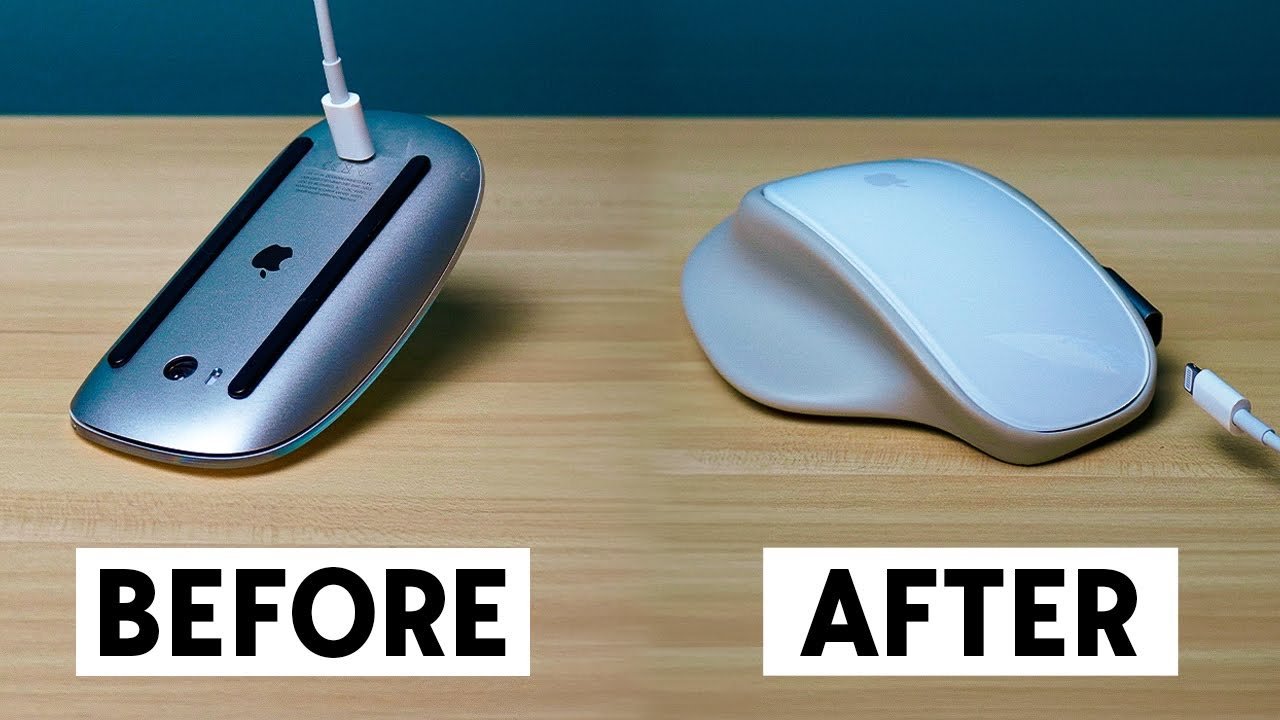Welcome tech enthusiasts! Today, the perfect hearing aid, especially for individuals grappling with severe hearing loss and tinnitus, the Phonak Audéo Lumity stands out as a revolutionary option. but also their quality of life. It’s crucial to comprehend the full scope of this impact to provide adequate support and enhance the lives of those affected.
Vision Loss and Its Impact on Quality of Life
Blindness and low vision are more than just medical conditions. They touch on every facet of life—emotional well-being, physical health, and social interaction. Understanding the broad implications of vision loss allows society to tailor its support and services accordingly. Let’s break down the various ways vision loss can influence the lives of adults.
Physical Health Concerns
Vision loss plays a significant role in the daily physical health of adults. According to recent data, nearly 47% of older adults with blindness or low vision report experiencing falls, whereas only 28% among their counterparts without vision deficiencies face such incidents. This statistic underscores the importance of falls prevention initiatives and customized mobility training services to alleviate these risks.[5]
Furthermore, vision loss correlates with a heightened risk of developing chronic health conditions. Collaborative studies by VisionServe Alliance and The Ohio State University College of Optometry reveal substantial impacts on health due to vision impairment.[1]
Mental Health Challenges
Blindness and low vision may also contribute to emotional difficulties such as increased isolation, anxiety, and depression. These mental health hurdles can be mitigated through support groups and counseling services designed for individuals with vision impairments.[1][2][5] Moreover, maintaining a sense of control and independence is vital for the mental health of these adults. Vision rehabilitation services are instrumental in preserving autonomy and self-reliance.[2]
Addressing Everyday Challenges
Daily life can become significantly more complex for individuals with vision loss. From navigating the physical environment to managing household tasks, specific interventions and tools are necessary for overcoming these obstacles.
Mobility and Navigation
Navigating around public spaces and new environments often poses challenges for adults with vision loss. However, vision rehabilitation training helps them effectively use mobility aids like white canes, guide dogs, and advanced GPS-based applications.[3] Safety is a paramount concern as fear of falling persists. Thus, implementing specialized training programs bolsters safety and mobility confidence.[3]
Daily Living Tasks
Routine activities such as cooking, cleaning, personal grooming, and financial management can become daunting. Accessible technological aids and personalized assistive devices make these tasks more manageable.[3][4] Additionally, ensuring access to readable materials in accessible formats like digital brochures and forms is essential to facilitate complete engagement with necessary documents.[3]
Financial Considerations and Available Support
Vision loss can substantially impact an individual’s financial well-being. Many older adults face financial restraints due to the adverse effects of vision impairment.
Maintaining Financial Independence
The correlation between vision loss and lower household income is undeniable. To combat this, financial literacy programs and user-friendly banking applications tailored for individuals with vision loss can aid in effective financial management.[4]
To ease financial difficulties, government initiatives such as Social Security Disability Insurance (SSDI), Supplemental Security Income (SSI), Medicare, and various state-specific programs (like property tax relief and housing assistance) offer considerable support.[4]
Access to Critical Resources
Vision rehabilitation agencies come to the rescue by providing comprehensive training and support, often at no cost. These organizations offer resources that encompass vocational rehabilitation, assistive technology, and financial literacy programs aimed at optimizing daily living activities.[1][2][4]
Demographic Considerations
Understanding how demographic factors interact with vision loss can shape efforts to enhance quality of life for affected individuals.
Socioeconomic and Cultural Insights
Socioeconomic status greatly influences access to healthcare resources and overall well-being. Tailoring support services to accommodate these demographic factors is essential for effective aid delivery.[5]
Additionally, considering cultural sensitivities is crucial when providing support services for adults from diverse backgrounds. This includes factoring in language barriers and cultural nuances to ensure comprehensive care.[5]
Support Strategies
The need for integrated strategies to address vision loss is crucial. Approaches must be collaborative, involving professionals from various fields to ensure full support for affected individuals.
Vision Rehabilitation Services
These services offer extensive assistance including training in orientation and mobility, vocational rehabilitation, and access technology. Support groups help adults with vision loss navigate healthcare systems and remain active in their communities.[1][2][3]
Falls Prevention and Independent Living
A multifaceted team approach is effective in falls prevention and promoting self-reliance. Training in independent living skills empowers adults with vision loss to maintain confidence and independence, minimizing reliance on others.[2][3][5]
Considering the complexities surrounding vision loss, it’s imperative to implement thoughtful and integrated solutions from various stakeholders such as eye-care providers, the aging services network, and public health professionals.[5] Increasing access to vision health services and promoting self-reliance are crucial steps in ensuring older adults live independently and remain engaged within their communities.
If this topic resonates with you and you’re interested in exploring more content like this, I invite you to visit my blog, [Frozen Leaves News](https://frozenleaves.com), for more insightful articles.
Source: Supporting Adults from Diverse Backgrounds Who Are Living with Vision Loss






